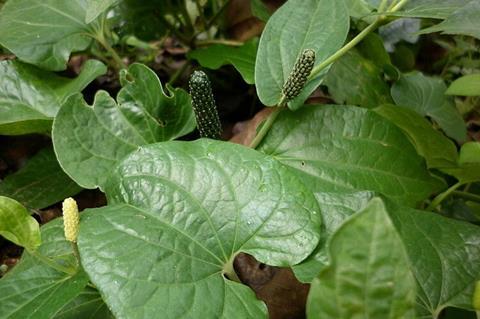Antibiotic resistant bacterial pathogens are on the rise, while fewer antibiotics are being developed. Prof. Ariel Kushmaro from Ben-Gurion University of the Negev and his local and international colleagues have tackled the need by focusing on the long pepper.

Known in traditional medicine for its treatment of a variety of illnesses, the team created a derivative that disrupts bacterial chemical communication.
Their findings were just published in Biofilm (https://doi.org/10.1016/j.bioflm.2024.100215).
READ MORE: Wild chimpanzees seek out medicinal plants to treat illness and injuries
READ MORE: Thyme essential oil inhibits staph biofilm formation
Many plants’ secondary metabolites are essential for plant protection against microbial pathogens. These compounds have long been considered an important source for drug discovery. The synthesis of new derivatives of these metabolites increases the probability of finding new drugs for many therapeutic purposes.
Sixteen derivatives
In the study, sixteen derivatives of Piperlongumine (PL), an amide alkaloid from Piper longum L., were screened for Quorum Sensing Inhibition (QSI). Quorum Sensing (QS) uses auto-inducers to control bacterial concentration. PL-18 had the best QSI activity.
PL-18 both reduced bacterial virulence and disrupted the biofilms that protected their sample bacteria. Altogether, PL-18 inhibits QS, virulence, iron uptake, and biofilm formation. Thus, PL-18 should be further developed against bacterial infection, antibiotic resistance, and biofilm formation.







No comments yet